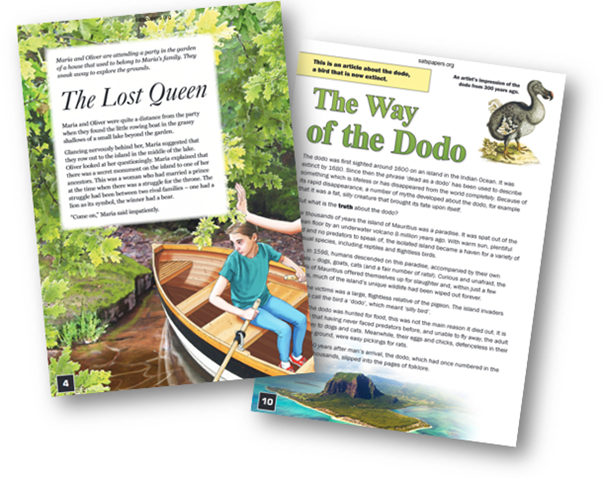
Recently, I have had a number of conversations with secondary school leaders about exam readiness. The last few years have a seen an important focus on curriculum and its implementation. But some dips in the 2023 results, as well as Ofsted’s announced emphasis on data, have led in many schools to a renewed, pragmatic focus on how to maximise outcomes.
This blog offers a simple framework to support a strategic review of how students are readied for exams. (Download here.) It contains nothing that isn’t familiar and it is undoubtedly incomplete; but some schools have found useful by some as a tool for reflecting holistically on practice, in search of those all-important marginal gains. (It is designed around GCSEs, but the principles apply to post-16 exams too.)
Continue reading “Exam readiness – a tool for reflecting on culture and practice”


 Some thoughts on task-setting and assessment in English, especially at Key Stage 3
Some thoughts on task-setting and assessment in English, especially at Key Stage 3
 Post-levels, it was left to schools to decide on how to track progress at Key Stage 3. A number of teaching schools were funded to work on and share ‘approaches’, and these can be found published online; many other schools have formulated their own approaches, and are sometimes sharing these.
Post-levels, it was left to schools to decide on how to track progress at Key Stage 3. A number of teaching schools were funded to work on and share ‘approaches’, and these can be found published online; many other schools have formulated their own approaches, and are sometimes sharing these. Number #1 in an occasional series of
Number #1 in an occasional series of  Parliament has debated whether students should continue to be allowed only ‘closed book’ exams in GCSE English and English Literature. (Really, of course, they are ‘absent book’ exams. Closed books would just be cruel.)
Parliament has debated whether students should continue to be allowed only ‘closed book’ exams in GCSE English and English Literature. (Really, of course, they are ‘absent book’ exams. Closed books would just be cruel.)